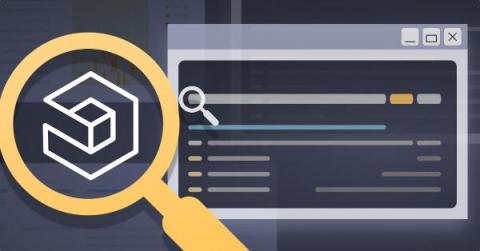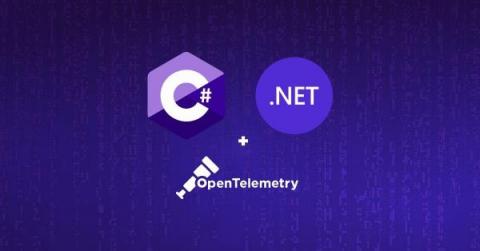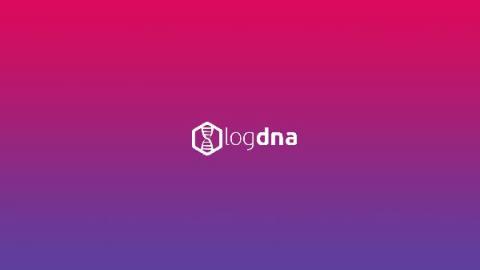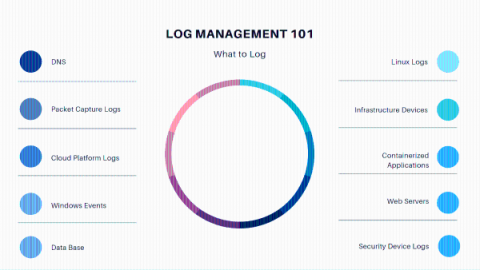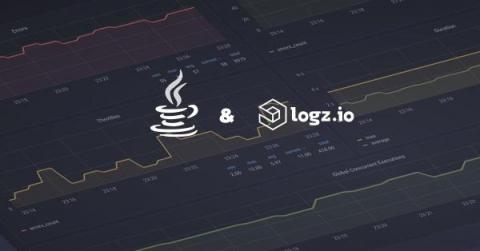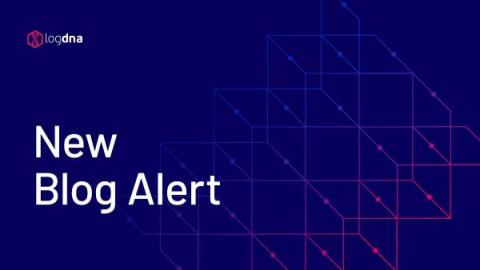Announcing the Logz.io Search Bar
Engineering teams hoping to gain full-stack observability into their environment need access to the relevant logs, metrics, and traces generated by their cloud infrastructure and applications. Accessing the relevant data quickly is essential – not just because it is more convenient, but because faster engineers are also business-critical for many organizations.


